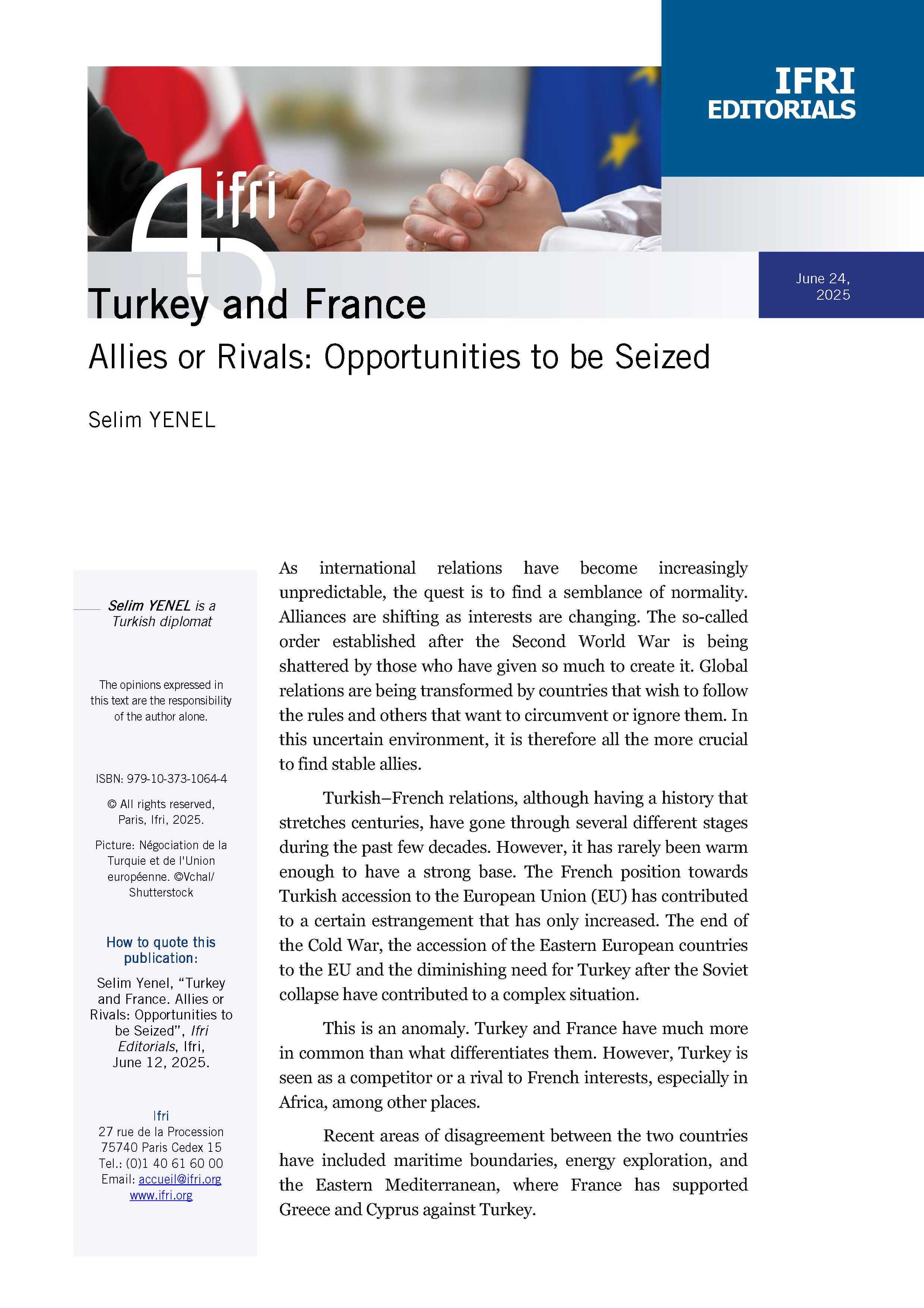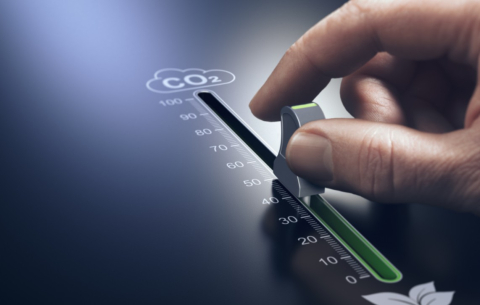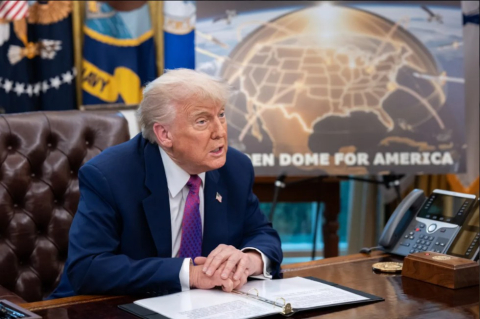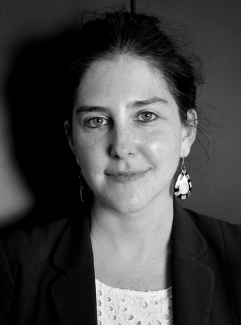France and Germany boost defense ties amid global tensions
French President Emmanuel Macron hosted German Chancellor Friedrich Merz on August 29 for the Franco-German Council of Ministers. They discussed Europe’s economy, support for Ukraine, and defense, with Merz pushing for German leadership on security. But political tensions in France and Germany are straining the partnership amid broader concerns over NATO, nuclear deterrence, and Europe’s reliance on US protection. Marie Krpata, Research Fellow at the Study Committee on Franco-German Relations at IFRI, has more on this issue.
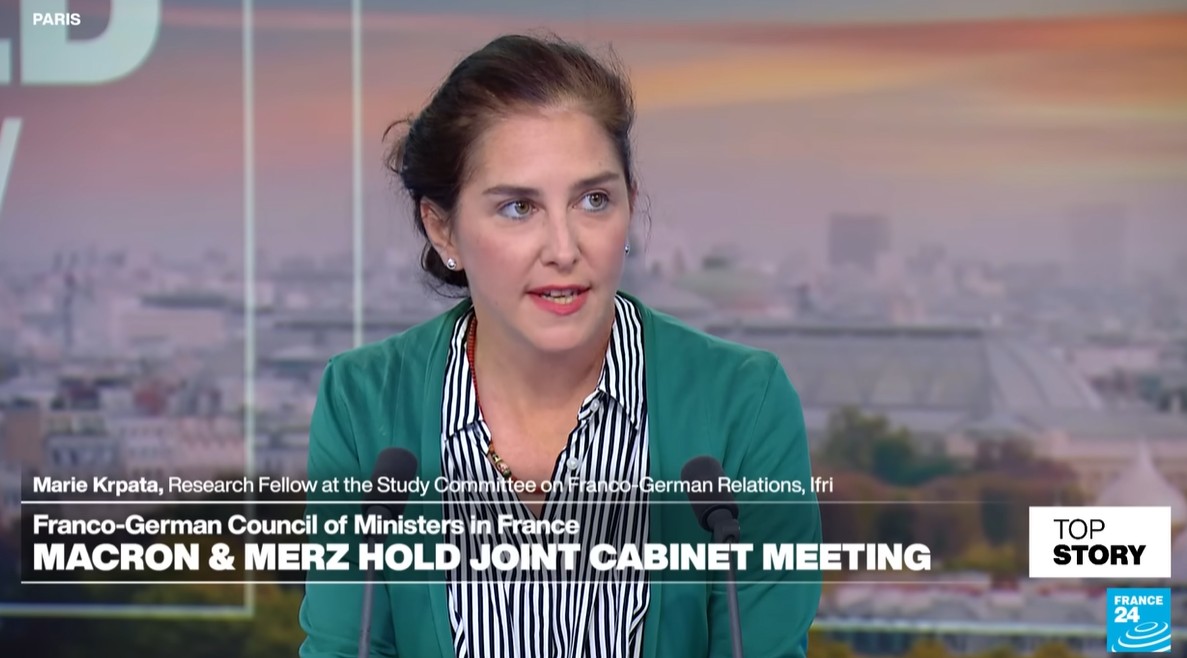
Marie Krpata was invited at FRANCE 24 to talk about the Franco-German Council of Ministers first in William Hilderbrandt’s show and second in Jean-Emile Jammine’s. This Council of Ministers’ aim was to realign the agendas of France and Germany. The context: a new German government, geopolitical tensions and domestic instability in France.
🔷 Quick wins: A Label called “Finance Europe” was created to incite people to invest in European savings products. The “FIVE” initiative, financing investments for ventures in Europe, was announced, with the aim to help European companies to reach critical scale and to help start-ups to thrive in Europe. Initiatives in disruptive technologies, AI, quantum computing and the cloud are to be launched. Simplification, reducing bureaucratic hurdles for companies, was also on the agenda. A roadmap is going to be worked on in the car industry, as well, and a summit is going to take place on European digital sovereignty in November.
🔷 On security and defense: France and Germany wish to signal they embody a certain leadership gathering a coalition of the willing behind Ukraine. Discussions on security guarantees for Ukraine need to take place - France and Germany need to be prepared and tackle this topic. What could their contribution be to Ukraine’s security if Ukraine is not to access NATO? What about an EU accession of Ukraine? Economic cooperation? Further economic sanctions against Russia? Intelligence-sharing? Helping Ukraine consolidate its defense industry? Providing weapons to Ukraine? Under which conditions would a deploying of troops in Ukraine to secure a potential cease-fire be reasonable?
🔷 Domestic instability in France: Although the French government may well stumble over the vote of confidence initiated by Prime Minister Bayrou and scheduled for 8th September and German ministers may well have to work with new counterparts in the next months, it is important to work out points of convergence as well as respective red lines in order to better understand both countries' positions ahead of bilateral negotiations. Regardless of who will be in the minister seats, France’s political priorities will stay the same. Whenever France and Germany worked well together in the past this conferred the EU more dynamism in the past.
🔷 Why hold a Franco-German Ministerial Council in a context where the French government’s life expectation could well be limited: Emmanuel Macron is in office until 2027. He is considered pro-European by the German political class. The window of opportunity to act by 2027 is small. Germany already had to face a deterioration of the relationship with Russia and relations with the US got under strain. As populism is on the rise Germany fears that a less German-friendly government may come into power in France in the next years which would be synonymous of stalemate on the European level. There is a sense of urgency to act now.

Media:

Format
Share


